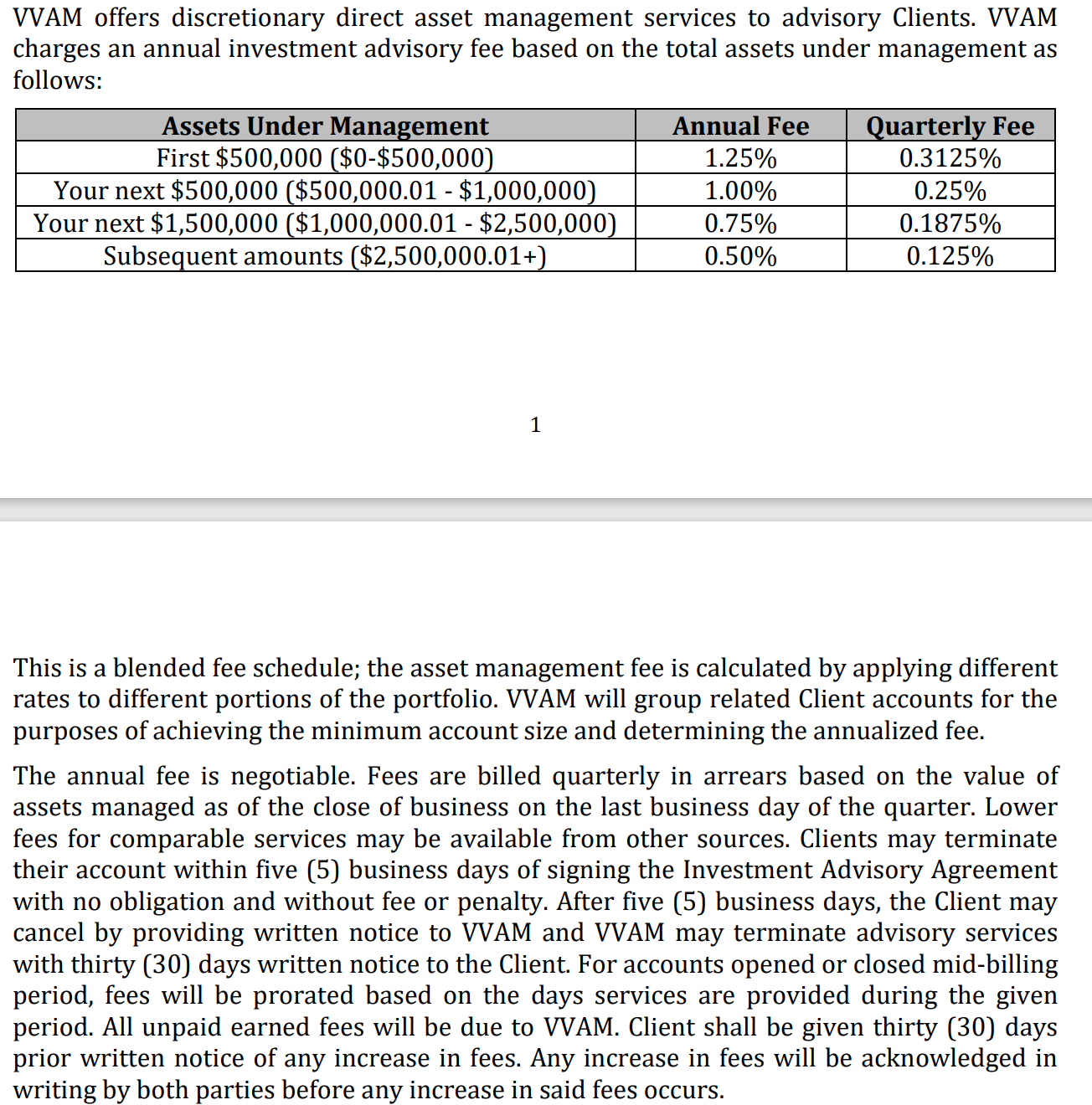Navigating the Financial World: A Guide to Understanding the Differences Between the CFA and CFP Designations
As a client, you want to ensure that your investment advisor has the knowledge and expertise to provide you with high-quality investment advice and manage your portfolio in your best interest. One way to do this is by working with a CFA charterholder. This article will discuss some key benefits of working with a CFA charterholder.
Why the CFA Designation is the Ideal Choice for Entrepreneurs with [a] Closely Held Business as their Largest Asset
The CFA (Chartered Financial Analyst) designation is particularly well-suited for an entrepreneur who has a closely held business as their largest asset. This is because the CFA program is specifically focused on investment analysis and portfolio management, providing a deep understanding of these areas. As an entrepreneur, having a CFA charterholder on your side with a strong understanding of investment concepts and strategies is crucial for managing and growing your wealth. Additionally, the CFA charterholder is required to abide by the CFA Institute’s Code of Ethics and Standards of Professional Conduct, which ensures that they act in the best interest of their clients, and this can be a great advantage for an entrepreneur who has a closely held business. The CFA designation also requires continuing education, which keeps the charterholder updated on the latest industry developments and best practices, giving you an edge when it comes to making investment decisions. The CFA charter is widely recognized as the gold standard in the investment industry, and holding this designation demonstrates a high level of professionalism and commitment to the field. This reputation can be helpful for the entrepreneur when it comes to attracting new investors or partners for their closely held business.
Key Benefits of Hiring a CFA Charterholder
1. Stronger Investment Knowledge
CFA charterholders have to pass a rigorous three-level exam, covering a wide range of investment topics, including ethics, portfolio management, and financial statement analysis. This ensures that a CFA charterholder has a deep understanding of investment concepts and strategies, and can apply this knowledge to help clients make informed investment decisions.
2. Ethical Standards
As part of the CFA charter, the charterholder has to abide by the CFA Institute’s Code of Ethics and Standards of Professional Conduct, ensuring that they act in the best interest of their clients.
3. Professionalism
The CFA charter is widely recognized as the gold standard in the investment industry, and holding this designation demonstrates a high level of professionalism and commitment to the field.
4. Global Perspective
CFA Institute’s global membership provides charterholders with a broad perspective on the investment industry, which can help them to better understand and navigate the complex global financial markets.
5. Continuous Education
To maintain the charter, charterholders are required to complete continuing education requirements, which keep them updated on the latest industry developments and best practices.
6. Professional Network
Being a member of the CFA Institute allows charterholders access to a global network of investment professionals which can help them to stay current with industry trends and developments.
In summary, a CFA charterholder is an investment professional who has a deep understanding of investment concepts, abides by a strict code of ethics, and is committed to continuing education and professional development. As a client, you can have peace of mind that your investment advisor is well-equipped to provide you with high-quality investment advice and manage your portfolio in your best interest.
CFA vs CFP Designations
The CFA (Chartered Financial Analyst) and CFP (Certified Financial Planner) designations are widely recognized in the financial industry but have different focuses and requirements.
The CFA designation is primarily focused on investment analysis and portfolio management. The curriculum for the CFA program covers a wide range of investment topics, including ethics, financial statement analysis, and portfolio management. Candidates must pass three levels of exams to earn the CFA charter. Additionally, CFA charterholders are required to have a certain number of years of professional experience in the investment industry and adhere to a code of ethics.
On the other hand, the CFP is a professional certification that focuses on financial planning. The curriculum for the CFP program covers a broad range of financial planning topics, including tax planning, estate planning, retirement planning, and risk management. Candidates must pass a comprehensive exam to earn the CFP certification. Additionally, CFP professionals are required to adhere to a code of ethics and complete continuing education requirements to maintain their certification.
In summary, the CFA is more focused on investment analysis and portfolio management, while the CFP is focused on comprehensive financial planning. Both designations require passing an exam and adhering to a code of ethics. It is essential to understand the difference between the two when choosing a financial advisor that best fits your needs.
If you’re ready to take control of your financial picture with your closely held business and make informed investment decisions, schedule a meeting with one of our experienced CFA charterholders at Vail Valley Asset Management today.

